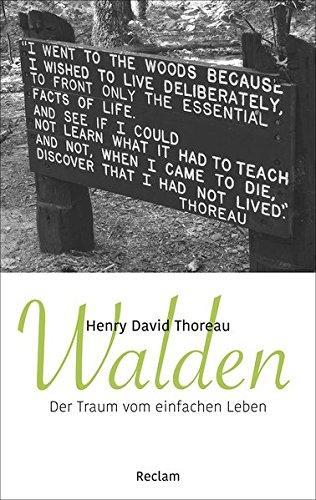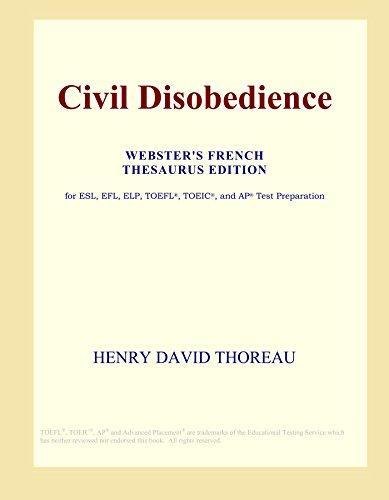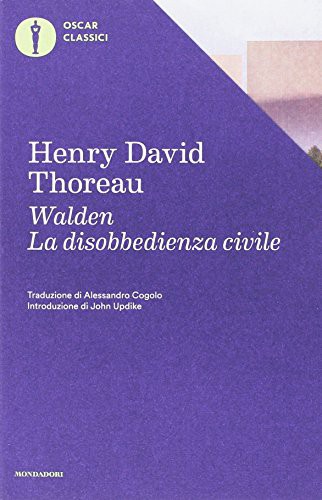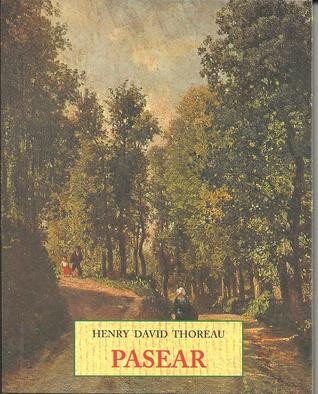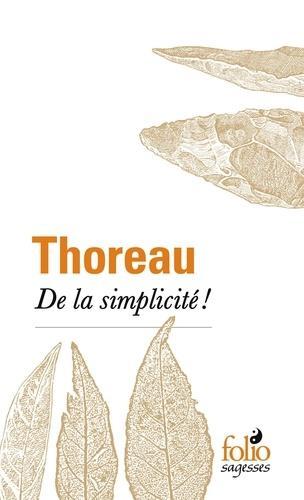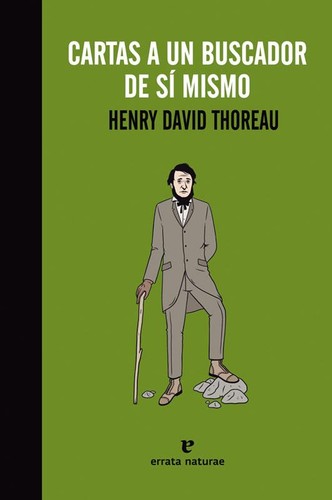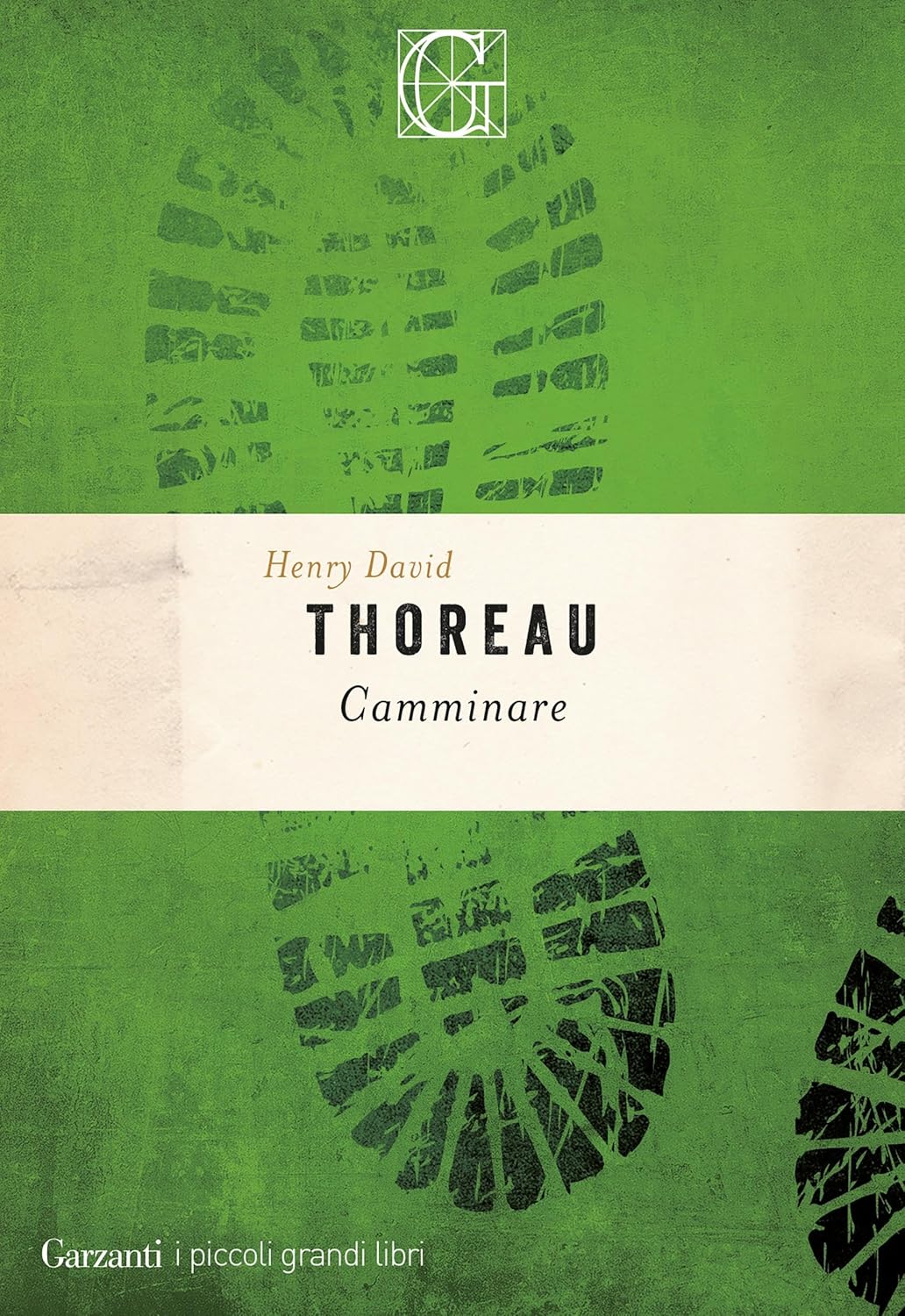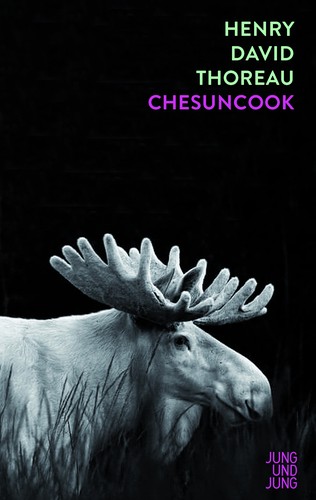Henry David Thoreau (see name pronunciation; July 12, 1817 – May 6, 1862) was an American naturalist, essayist, poet, and philosopher. A leading transcendentalist, he is best known for his book Walden, a reflection upon simple living in natural surroundings, and his essay "Civil Disobedience" (originally published as "Resistance to Civil Government"), an argument for disobedience to an unjust state. Thoreau's books, articles, essays, journals, and poetry amount to more than 20 volumes. Among his lasting contributions are his writings on natural history and philosophy, in which he anticipated the methods and findings of ecology and environmental history, two sources of modern-day environmentalism. His literary style interweaves close observation of nature, personal experience, pointed rhetoric, symbolic meanings, and historical lore, while displaying a poetic sensibility, philosophical austerity, and attention to practical detail. He was also deeply interested in the idea of survival in the face of hostile elements, historical change, and natural decay; at the same time he advocated abandoning waste and illusion in order to discover life's true essential needs.Thoreau was a lifelong abolitionist, delivering lectures that attacked the Fugitive Slave Law while praising the writings of Wendell Phillips and defending the abolitionist John Brown. Thoreau's philosophy of civil …
Henry David Thoreau
Author details
- Aliases:
-
Henry David Thoreau, Genri Devid Toro, Henry D. Thoreaux, and 60 others
H.D. Thoreau, 헨리 데이비드 소로, ਹੈਨਰੀ ਡੇਵਿਡ ਥੋਰੋ, So-lo, Henry D Thoreau, Хенри Дейвид Торо, هنري ديفد ثورو, 亨利梭羅, ヘンリー ソロー, Հենրի Դեյվիդ Թորո, ثورو، هنرى،, Торо, Ҳенри Девид Торо, הענרי דײװיד טהארא, Henry D. Thoreau, Henri David Toro, Henri Devid Toro, G.D. Toro, 梭罗, Henricus David Thoreau, ہنری ڈیوڈ تھوریو, Genri Devid Toto, ソロー ヘンリー・デイヴィッド, Генри Дейвид Торо, Генрі Девід Торо, ソーロー, הענרי דייוויד טהארא, Xenri Dawid Toreʾaw, H. D. Thoreau, கென்றி டேவிட் தூரோ, Henry Thoreau, Генри Дэвид Торо, थोरो, ヘンリー・デイヴィッド・ソロー, Генри Торо, Χένρι Ντέιβιντ Θόρω, H・D ソロー, เฮนรี เดวิด ทอโร, هنري ديفيد ثورو،, David Henry Thoreau, ھێنری دەیڤید سۆرۆ, हेनरी डेभिड थोरो, Хенри Дејвид Торо, 헨리데이비드소로, הנרי דייוויד תורו, Henrijs Deivids Toro, هنری دیوید تورو, ヘンリー・D ソロー, 亨利·戴維·梭羅, הנרי דוד תורו, Henri David Thoreau, Henri Dejvid Toro, Henri Daṿid Toro, Thoreau, H. D ソーロウ, Henrī Deividdo Sorō, هنرى دافيد ثورو, Enry Deēvint Thorō, ヘンリー・デイヴィッド ソロー, Suoluo - Born:
- July 12, 1817
- Died:
- May 6, 1862
External links
Henry David Thoreau (see name pronunciation; July 12, 1817 – May 6, 1862) was an American naturalist, essayist, poet, and philosopher. A leading transcendentalist, he is best known for his book Walden, a reflection upon simple living in natural surroundings, and his essay "Civil Disobedience" (originally published as "Resistance to Civil Government"), an argument for disobedience to an unjust state. Thoreau's books, articles, essays, journals, and poetry amount to more than 20 volumes. Among his lasting contributions are his writings on natural history and philosophy, in which he anticipated the methods and findings of ecology and environmental history, two sources of modern-day environmentalism. His literary style interweaves close observation of nature, personal experience, pointed rhetoric, symbolic meanings, and historical lore, while displaying a poetic sensibility, philosophical austerity, and attention to practical detail. He was also deeply interested in the idea of survival in the face of hostile elements, historical change, and natural decay; at the same time he advocated abandoning waste and illusion in order to discover life's true essential needs.Thoreau was a lifelong abolitionist, delivering lectures that attacked the Fugitive Slave Law while praising the writings of Wendell Phillips and defending the abolitionist John Brown. Thoreau's philosophy of civil disobedience later influenced the political thoughts and actions of such notable figures as Leo Tolstoy, Mahatma Gandhi, and Martin Luther King Jr.Thoreau is sometimes referred to as an anarchist. In "Civil Disobedience", Thoreau wrote: "I heartily accept the motto,—'That government is best which governs least;' and I should like to see it acted up to more rapidly and systematically. Carried out, it finally amounts to this, which also I believe,—'That government is best which governs not at all;' and when men are prepared for it, that will be the kind of government which they will have. [...] I ask for, not at once no government, but at once a better government."
